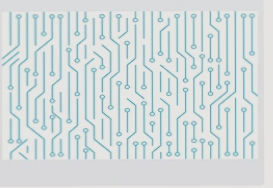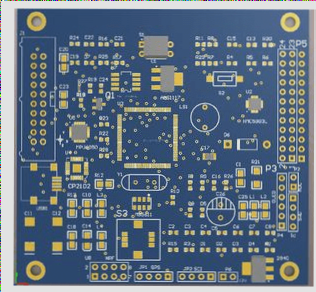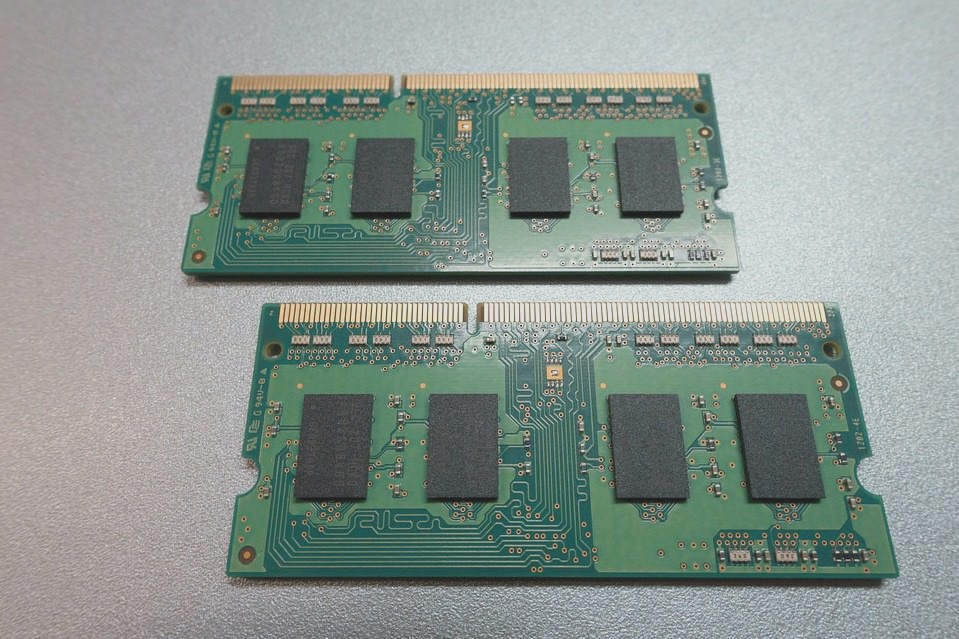Flexible Printed Circuit Boards (FPCs) and Stiffeners
Flexible Printed Circuit Boards (FPCs) are renowned for their reliability, lightweight design, and impressive flexibility. Constructed using polyimide as the substrate, FPCs are thin, soft, and can bend or flex without compromising their electrical integrity.
Enhancing Flex PCBs with Stiffeners
In certain applications, specific areas of a flex PCB require additional mechanical support during component assembly. To address this, stiffeners, rigid materials, are added to reduce flexibility in certain sections. This reinforcement enhances the board’s durability, stability during assembly, and can aid in heat dissipation.
Key Consideration:
Stiffeners serve a mechanical function and are not part of the electrical design or schematic of the PCB.
Choosing the Right Stiffener
When selecting a stiffener, material choice depends on design requirements, performance demands (e.g., heat dissipation, cost), and flexibility needs. Common stiffener materials include:
- Stainless Steel – Durable and strong.
- Polyimide (PI) – Offers flexibility and thermal resistance.
- FR4 – Widely used and cost-effective.
Stiffeners are available in various thicknesses to suit different design and performance needs.
Stiffener Adhesives
The adhesives used to bond stiffeners to FPCs are crucial. Typically, the same adhesives used for laminating the FPC substrate are employed for stiffener bonding. Pressure Sensitive Adhesive (PSA) is a common adhesive type known for excellent bonding and ease of application. Adhesive choice should align with project requirements.
If you have any questions about PCBs or PCBA, contact us at info@wellcircuits.com.




